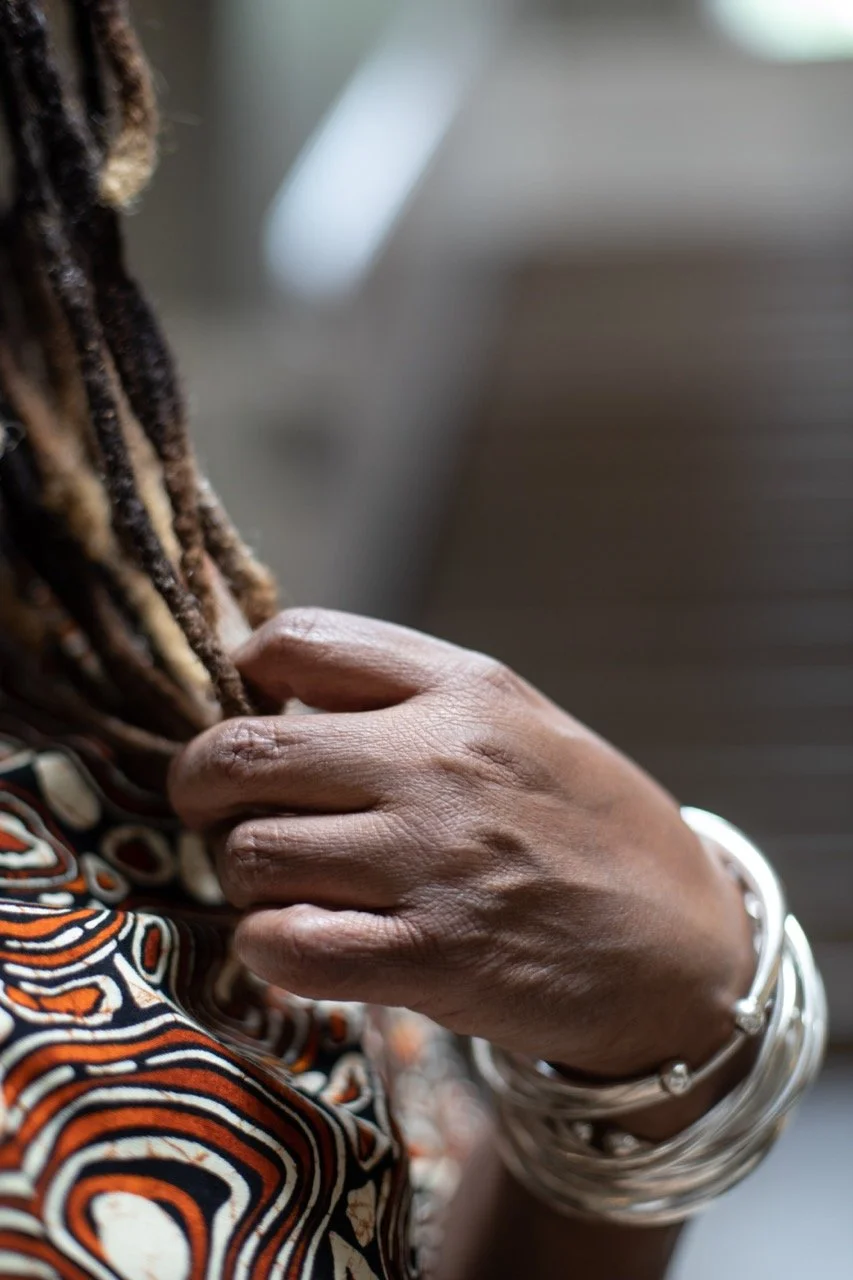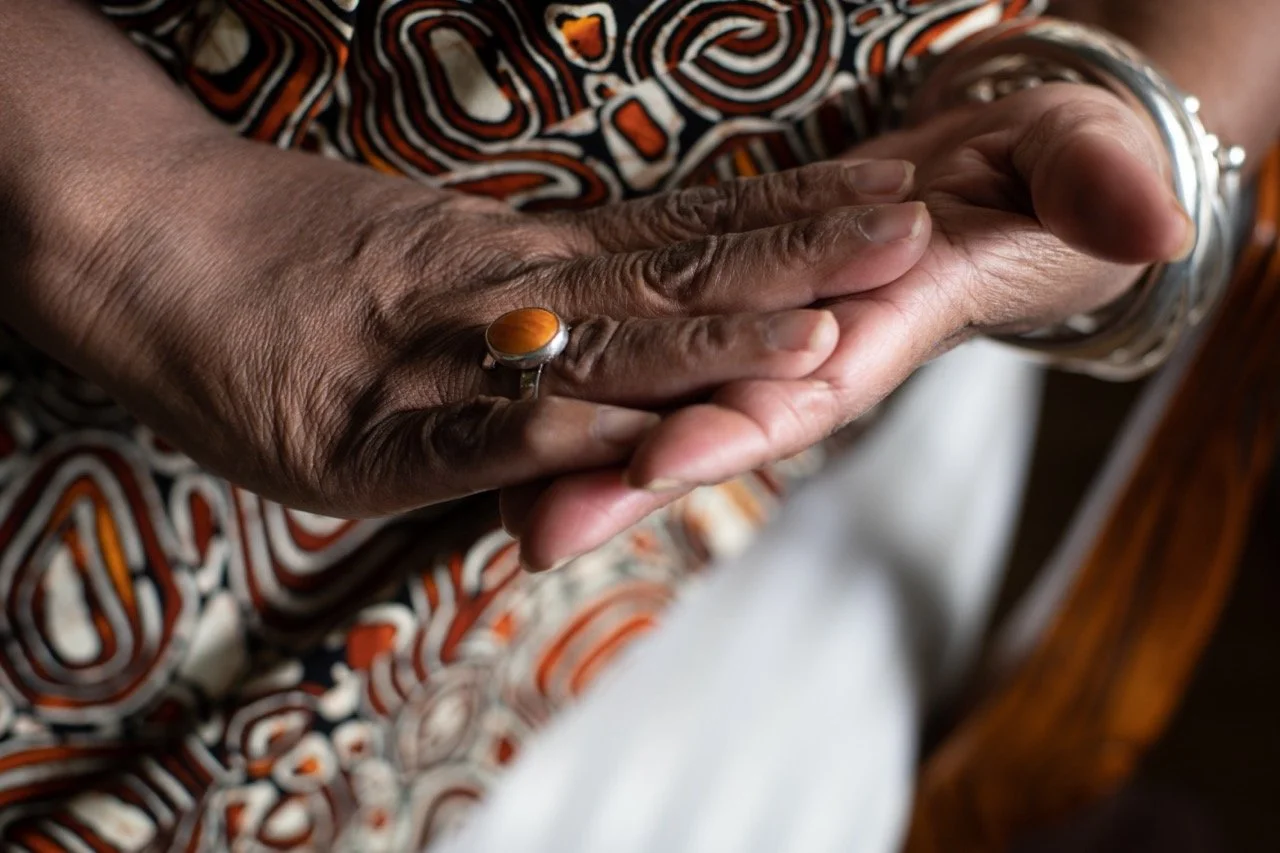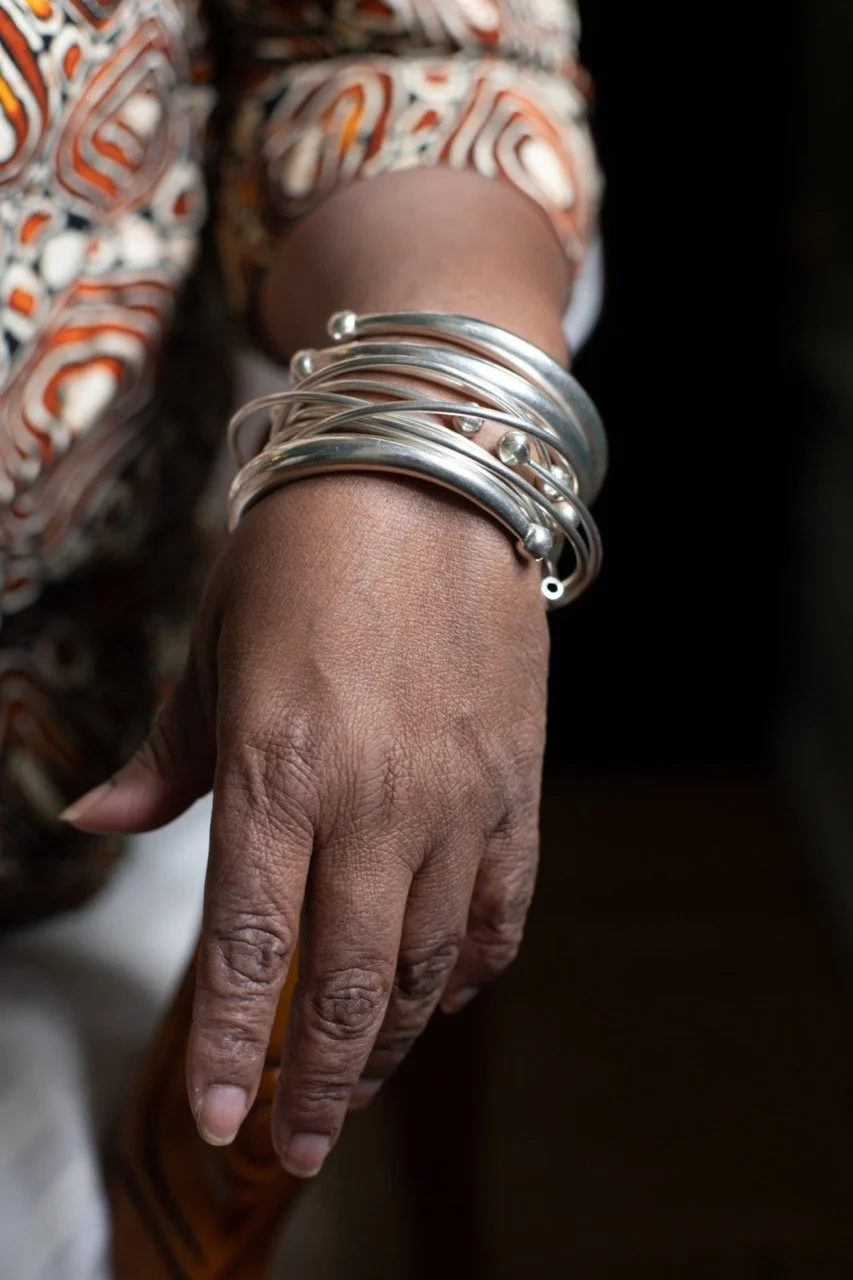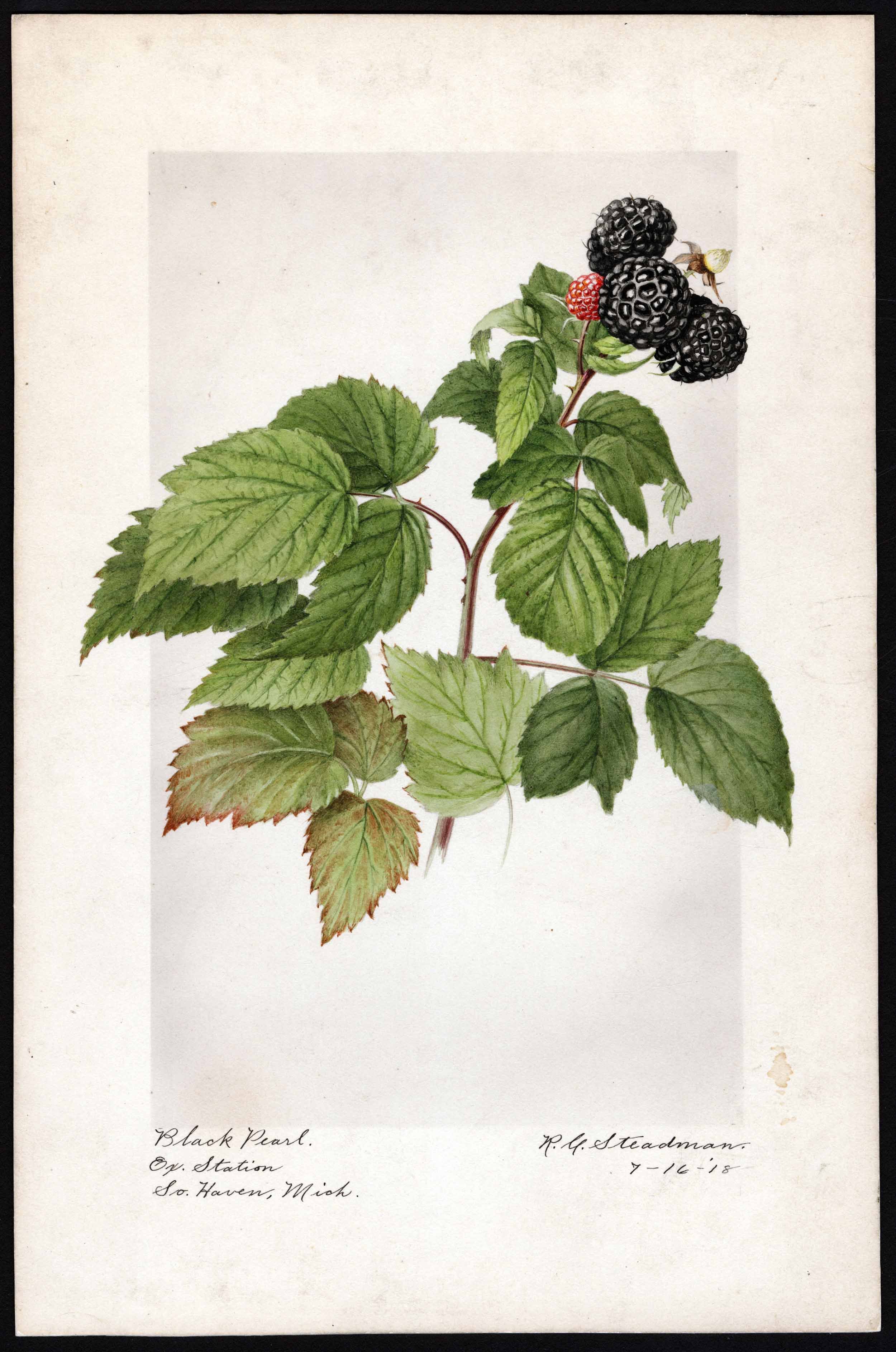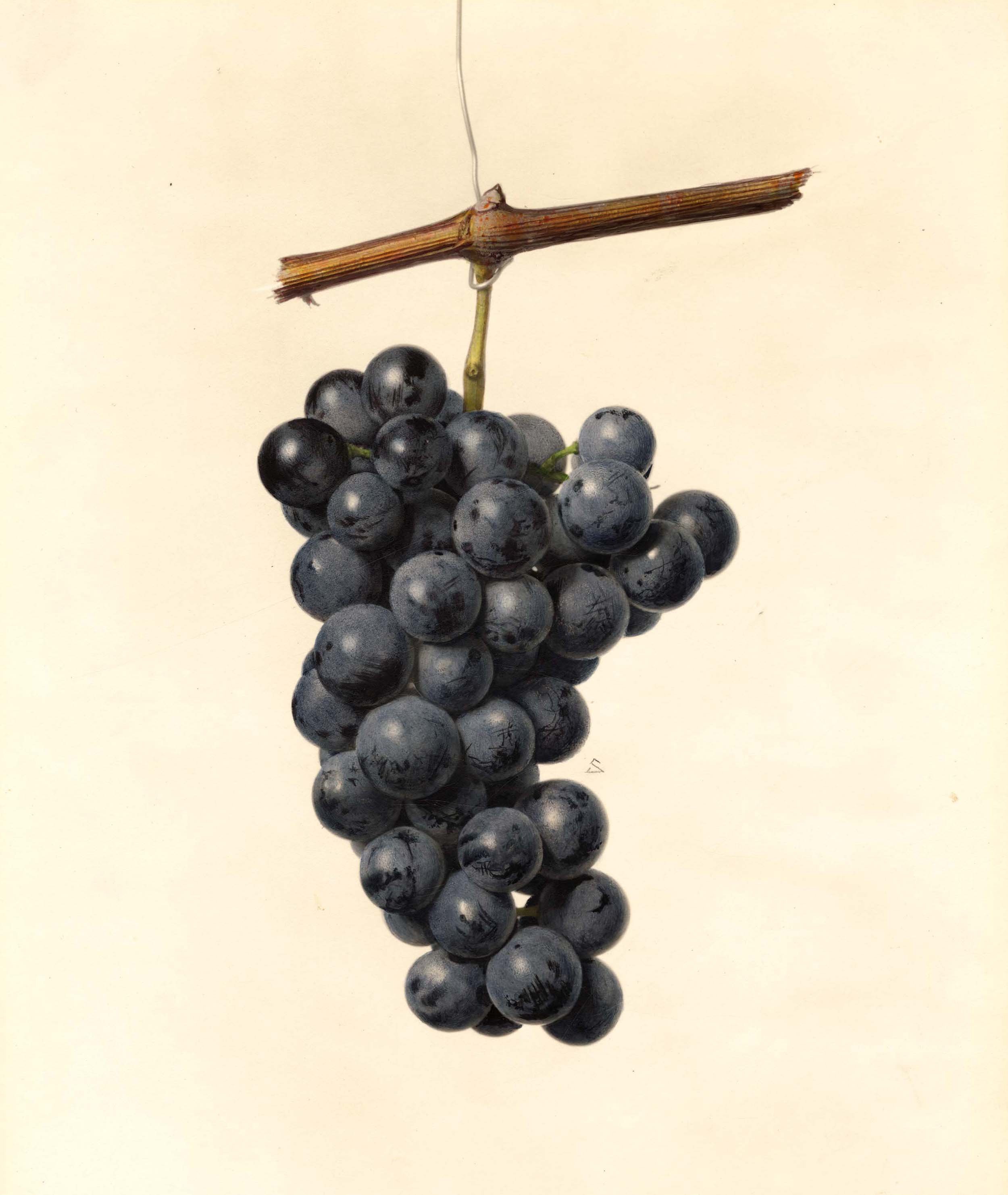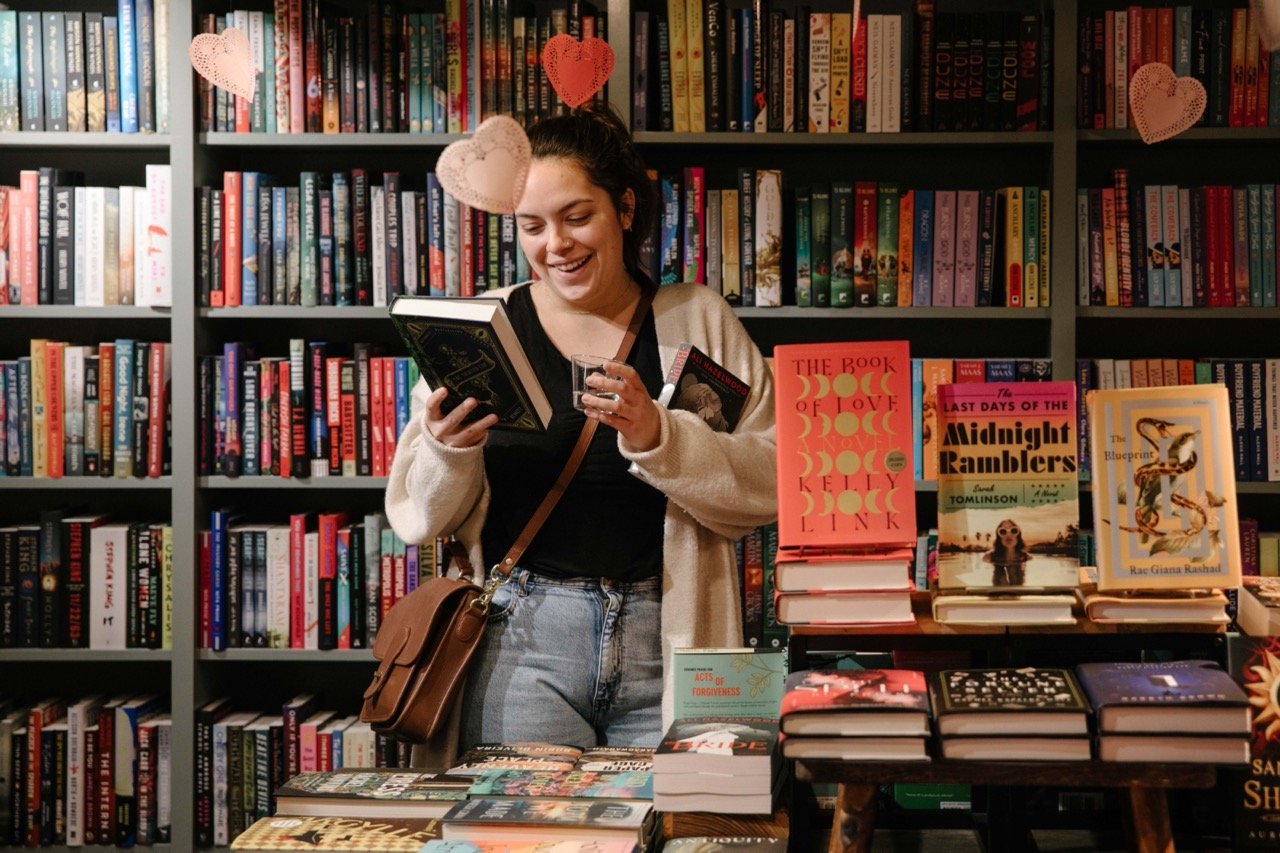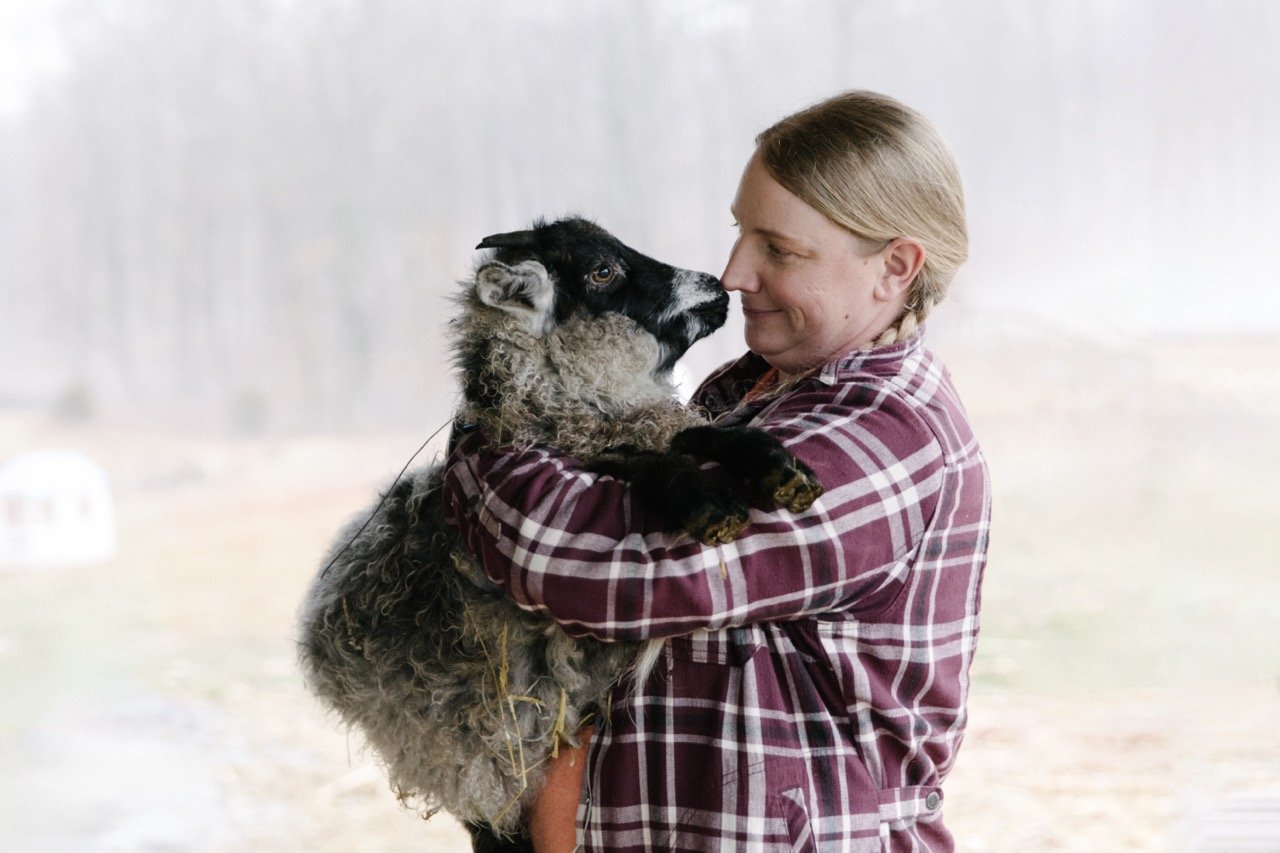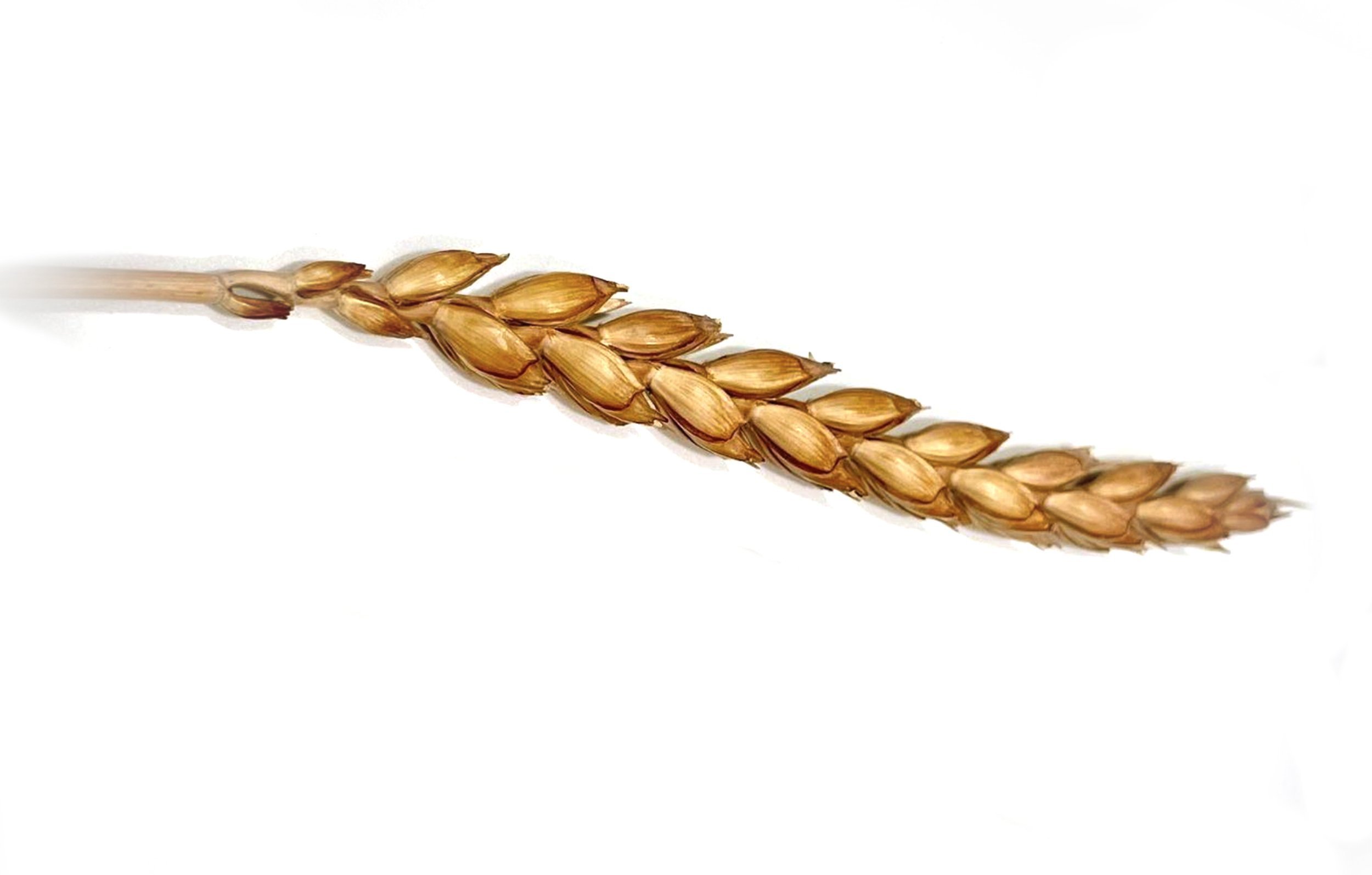The Ghosts in our Kitchens
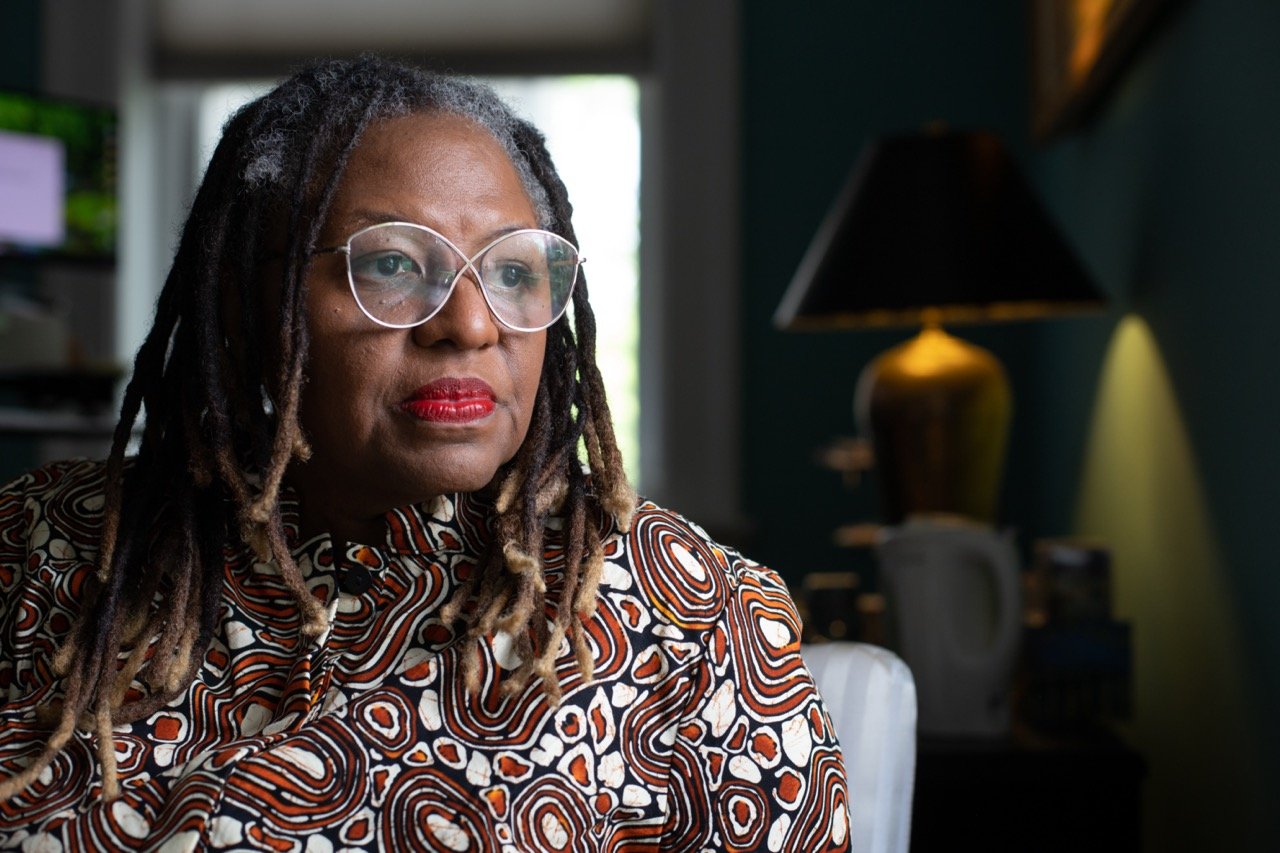
Kentucky writer Crystal Wilkinson’s new book is part recipe collection, part memoir.
by Annette Januzzi Wick photographs Michael Wilson
Grandma gone. Mama gone. Roots still here.
Crystal Wilkinson wrote those words in a previous book, but her recent title, Praisesong for the Kitchen Ghosts: Stories and Recipes from Five Generations of Black Country Cooks, fully embodies that notion. If we pay attention to our ancestors, they’ll dish out wisdom that extends far beyond the kitchen counter.
Wilkinson believes in the power of her spiritual intuition to cultivate relationships with those no longer here. As a former poet laureate of Kentucky, current creative writing professor in the University of Kentucky’s MFA program, and awardee of numerous fellowships, Wilkinson has used this gift in her writing about the Black Appalachian experience to help herself and others claim their roots. “What I have to say about my heritage is in conversation with the larger conversations about race in this country,” she says. “How Black is conflated with urban and white is conflated with rural, particularly in Appalachia.”
There’s a “one-eyed” view of Appalachia, she says. But it’s not only about race. Appalachia is a mix of cultures. “Old definitions of Appalachian, such as white mountain men of Irish and Scot descent, haunt us.” Like the rest of the United States, Appalachia was and is a melting pot.
Wilkinson now lives in Lexington, KY, with her husband, Ron Davis, but grew up in Casey County, 70 miles south of Frankfort, where the hilly soil is rich in nutrients and story. Raised by her grandparents Christine and Silas Wilkinson, she found pleasure in the rhythms of the land that translated into the lyricism of her work. In Praisesong, she calls upon this harmonious play with words to share stories about why the food of our ancestors matters.
Creating Connections
Her recent title digs deep into family traditions by introducing such themes as women making bread, the soul food of the mountains, and the painstaking process her grandfather undertook to grow and harvest sorghum for the family to use as a sweetener. In the Lexington bookstore Wilkinson and Davis once owned, Wild Fig Books and Coffee, sorghum became a welcome addition to their drinks.
The bookstore was also an early link for Wilkinson in nurturing other food-related partnerships in Kentucky. She mentions Black Soil, cofounded by Ashley C. Smith and Trevor Claiborn, which is dedicated to bringing together Kentucky’s young Black farmers. Wilkinson invited Black Soil to use the bookstore to host CSA pickups from Black-owned Kentucky farms (including Miller’s Farm, whose owners, George and Susan Miller, are Wilkinson’s cousins), and workshops for rural Black farmers. For Wilkinson’s book release, Black Soil hosted a dinner celebration that included her 87-year-old Aunt Lo.
Common Threads of Food & Family
The origin for Wilkinson’s culinary memoir is multipronged. She credits Appalachian scholar Teresa Barris and UNC Asheville literature professor Erica Locklear, who both observed that she often writes about food. “Food is culture,” Wilkinson says, “like accents or geography. You know the region, the land, by culture.”
Wilkinson will often give her creative writing students an exercise to write about what a character eats for breakfast. “Somebody who eats scrambled tofu and veggie bacon is gonna be different than the red-gravy-and-country-ham person,” she says. Or maybe they enjoy biscuits for breakfast, like those pictured on the front cover of Praisesong.
Her kitchen ghosts, she says, were “outed” in a 2019 Emergence Magazine article of the same title, and in her fiction. “My last three books have been like running a relay and a baton handoff,” she says. “Everything is connected.” In all of her work, there’s not only food but also a “thick thread of truth about mental health and women.” Her next book, Heartsick: On Motherhood and Mental Illness, will continue those writing relays by drawing on experiences derived from her mother, her daughter, and herself.
The handoff also occurs when readers of Praisesong for the Kitchen Ghosts share stories of their own. At a book signing, one woman told her, “This book is real familiar.” On radio shows, such as Jenn White’s 1A on NPR, Wilkinson has been moved by listeners’ stories of encountering their own kitchen ghosts.
Food is always a unifier, and was particularly so during the pandemic. Wilkinson says, “I remember that’s all we did. … Buddha says humans are always in a state of want, whether we’re mindful of it or not. What we want is food. It’s survival.” Even resurrecting our own ghosts throughout that time was a matter of survival.
Wilkinson’s kitchen ghosts in the book center on her grandmother Christine and what she calls the “power she wielded over the white women she worked with.” An especially poignant section about blackberries conjures another inspiration for the book, her great-grandmother Grandma Aggy, as a 12-year-old picking fruit. For Wilkinson, blackberries symbolized a dietary staple, a source of extra income, and a health remedy. They also represented trespassing laws enacted in the 1870s to keep freed Black people from foraging to earn money. (Her first book of short stories was titled Blackberries, Blackberries.) There’s also a moving piece about making cobbler, using her grandmother’s recipe, to share with her mother.
Although the book highlights Wilkinson’s female ancestors, there are male ghosts, too, including her grandfather. Wilkinson says her grandmother was a woman of her time, but the partnerships between her grandparents also influenced her. Wilkinson’s husband and children are part of this legacy too, in their efforts to cook cornbread while she’s out of town or make turkey and corn pudding or other recipes they exchange over Zoom. When she talks with her son, a single father, “he’s like, ‘I gotta get off (the phone) here and cook dinner for these people. Can’t let my family starve.’”
Contemplating & Remembering
Before the ancestors had taken over, her book’s themes had also included mindfulness. “Similar to when you’re in a story and imagining it, the same thing happens when you’re cooking,” Wilkinson says. “People would be less stressed if they cooked more. Almost every time I pushed through that I don’t want to cook, there’s something meditative. If you allow yourself to be mindful, it’s soothing and nurturing, not just in your belly but in your soul.” Cooking is relational, not transactional. The food has been prepared if not with love, “then with a certain amount of patience,” she says. “People worked at McDonald’s to make a living. A chef was someone who went further with it, someone who had a relationship with food.”
She recently learned about the African concept of sankofa, knowing where you came from to know how to move forward. “Having lived in a place for so long, my grandpa would take me to where he was born, and say, ‘My brother Andrew, he’s buried here, he died when he was four years old.’ Or he’d say, ‘Up yonder is where Aunt Fanny’s place used to be.’ I didn’t know these people, but there was always something being pointed out. Most of that history is undocumented.” Until now.
Wilkinson has always been curious about hanging onto such moments but she holds tighter now to this idea of ancestral or cultural memory. One can imagine a moment seated in her kitchen with Ron and her children at Thanksgiving. Her grandmother’s dress is hanging nearby, acting as a talisman for Wilkinson as she cooks. Relatives traipse in and out of the home. The chatter grows louder with the specters of ancestors in the background. “The kitchen was a place of power for Black women,” Wilkinson writes. Through her words and deeds, she had passed this power from her ghosts to our own.
Annette is a writer, teacher, and author of two memoirs, I’ll Be in the Car and I’ll Have Some of Yours. She is a second-generation Italian-American with roots in Calabria and Abruzzo. As a resident of Over-the-Rhine, she’s lucky enough to walk to Findlay Market twice in a day whenever she forgets an ingredient. Visit annettejwick.com to learn more.

